Share on social

The Leadership Culture That Wasn't Built for Us
Thursday 2 October 2025
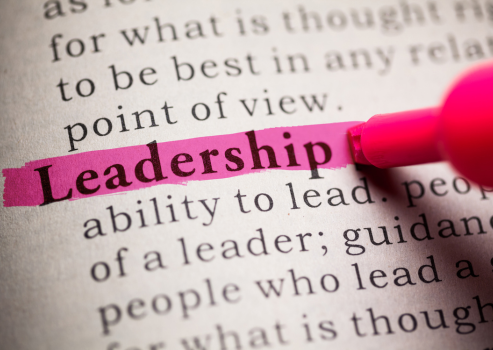
I didn't realise something was seriously wrong until I went on maternity leave.
I'd been in my current leadership role for five years, doing well by all external measures. Good performance reviews, hitting targets, leading a multi-disciplinary team. But as I stepped away from work for those precious months with my third baby, I stumbled across an article about burnout symptoms and felt my stomach drop.
The overly critical voice that had crept into my interactions with my team. The way I'd lost my passion for work that used to energise me. The indecisiveness that plagued me on decisions I should have been able to make easily. That general feeling of having lost my mojo - my ability to do the job I knew I was capable of.
The job hadn't changed. But somewhere along the way, I'd started performing a version of leadership that wasn't genuinely me.
I was being more direct than felt natural - holding people accountable for things that, deep down, I actually supported. Like when team members needed to pick up their kids from school instead of staying for unscheduled overtime. I'd been taught this was a lack of flexibility on their part, but my instincts were telling me something completely different. I was faking my capacity to make hard decisions without collaboration, switching on a forthrightness that didn't come naturally to me.
And it was being rewarded. Performance management systems loved this version of me. There was just no place within those systems for me to discover what kind of leader I genuinely was - collaborative, deeply intuitive, relationship-oriented rather than purely results-focused (though I'd argue now that relationship building is a result). I learned that leadership was more about what you do, than about who you truly are.
Hard facts and data were everything. Intuition meant nothing in business. Difficult when you're a woman driven by her gut.
The Pattern I Started Seeing
Once I could name what had happened to me, I started seeing it everywhere. While this was a pre-covid realisation for me, in the last nine months alone, I've had conversations with three very senior women across both the public and private sectors, who've shared remarkably similar stories. All left very well-paid, successful roles because of how they felt, not because of the work itself. The had performed a role without paying attention to who they authentically where in the midst of it all.
That's not adaptation. That's transformation into someone you were never meant to be.
The Cost of Faking It Till You Make It
We've all heard "fake it till you make it." But what if you're not meant to “make” this particular version of leadership? What if the cost of “making it is yourself”?
The leadership culture we're operating in was designed decades ago when most executives were men and most women were managing households. The traits that got rewarded then made sense for that context - command and control, hierarchical decision-making, separating emotion from strategy.
Today's organisations desperately need empathy, collaborative thinking, intuitive problem-solving. These aren't soft skills anymore; they're what separate companies that thrive from those that barely survive. They desperately need women who dare to be authentically themselves.
But our leadership development? Still largely one-size-fits-all, tailored to that old masculine-coded approach. There are female-only programmes now, but I've yet to come across anything that genuinely balances the strengths and nuances of different leadership styles.
Meanwhile, an entire generation - Gen Z - is looking at leadership as we've defined it and saying, "No thanks." They've recognised long before we have that it's broken.
What We're Really Doing to Each Other
Business is slowly waking up to needing more collaborative, emotionally intelligent leadership. But instead of recognising that many women bring these strengths naturally, we're creating programmes to train men in emotional intelligence.
I'm not saying men can't develop these capabilities - of course they can. But there's something we're missing when we try to train everyone into the same leadership style instead of creating space for people to bring their different strengths.
We need both. We've always needed both.
But somewhere along the way, the women before me - the ones I looked up to and learned from - taught me to adapt myself to be successful. They were doing the best they could with what they knew. They probably didn't have anyone showing them a different way either.
It cost me. And I don't want it to cost the women coming after us.
Some Things to Try (If You're Ready)
Notice where you're switching it on When do you find yourself putting on a version of yourself that doesn't feel quite right? For me, it was most obvious in rooms full of senior men or when I needed to deliver tough feedback.
Just noticing is the first step.
Trust your instincts more Write down your gut reaction before you second-guess it. What did you think before you started calculating how it might be received? Your intuition is probably better than you think.
Experiment with being more yourself Pick one meeting this week where you don't over-explain a decision. Present your conclusion, give your reasoning, then stop. Yes, it will feel uncomfortable.
Try leading with questions instead of answers. "What do you think we're missing here?" or "How does this sit with everyone?" Collaboration isn't weakness - it's wisdom.
Find others who get it Talk to other women about this. Not complaining sessions, but real conversations about what's working and what isn't. Share your experiments with leading more authentically.
The Real Fight
We're not fighting men here. We're fighting for the right to be ourselves and still be seen as strong leaders.
And we're fighting for the younger versions of ourselves - the women coming up who are looking for different role models, different ways of being successful, different examples of what powerful leadership can look like.
When I was learning to lead, the women ahead of me taught me to adapt. They meant well. They were working with the system they had.
But what if we could be the generation that shows there's another way?
What if instead of teaching women to fit into leadership as it's currently defined, we expanded the definition to include the strengths they naturally bring?
What if we stopped losing ourselves to make it in systems that were never built with us in mind?
Your Turn
That feeling you might be carrying - the sense that you're performing rather than leading, that you're not quite yourself in professional settings, that something's not quite right even when you're succeeding - you're not imagining it.
The cost of not changing isn't just your comfort. It's you.
And the women watching you? They're learning from what they see. They're deciding what they think leadership requires, what they think success costs, what they think they need to sacrifice to make it.
What do you want to teach them?
Start somewhere. Try one thing differently this week. See how it feels to lead a little more like yourself.
Because the world doesn't need more women pretending to be someone else to be taken seriously.
It needs you. The leader you actually are, not the one you think you're supposed to be.
I'd been in my current leadership role for five years, doing well by all external measures. Good performance reviews, hitting targets, leading a multi-disciplinary team. But as I stepped away from work for those precious months with my third baby, I stumbled across an article about burnout symptoms and felt my stomach drop.
The overly critical voice that had crept into my interactions with my team. The way I'd lost my passion for work that used to energise me. The indecisiveness that plagued me on decisions I should have been able to make easily. That general feeling of having lost my mojo - my ability to do the job I knew I was capable of.
The job hadn't changed. But somewhere along the way, I'd started performing a version of leadership that wasn't genuinely me.
I was being more direct than felt natural - holding people accountable for things that, deep down, I actually supported. Like when team members needed to pick up their kids from school instead of staying for unscheduled overtime. I'd been taught this was a lack of flexibility on their part, but my instincts were telling me something completely different. I was faking my capacity to make hard decisions without collaboration, switching on a forthrightness that didn't come naturally to me.
And it was being rewarded. Performance management systems loved this version of me. There was just no place within those systems for me to discover what kind of leader I genuinely was - collaborative, deeply intuitive, relationship-oriented rather than purely results-focused (though I'd argue now that relationship building is a result). I learned that leadership was more about what you do, than about who you truly are.
Hard facts and data were everything. Intuition meant nothing in business. Difficult when you're a woman driven by her gut.
The Pattern I Started Seeing
Once I could name what had happened to me, I started seeing it everywhere. While this was a pre-covid realisation for me, in the last nine months alone, I've had conversations with three very senior women across both the public and private sectors, who've shared remarkably similar stories. All left very well-paid, successful roles because of how they felt, not because of the work itself. The had performed a role without paying attention to who they authentically where in the midst of it all.
That's not adaptation. That's transformation into someone you were never meant to be.
The Cost of Faking It Till You Make It
We've all heard "fake it till you make it." But what if you're not meant to “make” this particular version of leadership? What if the cost of “making it is yourself”?
The leadership culture we're operating in was designed decades ago when most executives were men and most women were managing households. The traits that got rewarded then made sense for that context - command and control, hierarchical decision-making, separating emotion from strategy.
Today's organisations desperately need empathy, collaborative thinking, intuitive problem-solving. These aren't soft skills anymore; they're what separate companies that thrive from those that barely survive. They desperately need women who dare to be authentically themselves.
But our leadership development? Still largely one-size-fits-all, tailored to that old masculine-coded approach. There are female-only programmes now, but I've yet to come across anything that genuinely balances the strengths and nuances of different leadership styles.
Meanwhile, an entire generation - Gen Z - is looking at leadership as we've defined it and saying, "No thanks." They've recognised long before we have that it's broken.
What We're Really Doing to Each Other
Business is slowly waking up to needing more collaborative, emotionally intelligent leadership. But instead of recognising that many women bring these strengths naturally, we're creating programmes to train men in emotional intelligence.
I'm not saying men can't develop these capabilities - of course they can. But there's something we're missing when we try to train everyone into the same leadership style instead of creating space for people to bring their different strengths.
We need both. We've always needed both.
But somewhere along the way, the women before me - the ones I looked up to and learned from - taught me to adapt myself to be successful. They were doing the best they could with what they knew. They probably didn't have anyone showing them a different way either.
It cost me. And I don't want it to cost the women coming after us.
Some Things to Try (If You're Ready)
Notice where you're switching it on When do you find yourself putting on a version of yourself that doesn't feel quite right? For me, it was most obvious in rooms full of senior men or when I needed to deliver tough feedback.
Just noticing is the first step.
Trust your instincts more Write down your gut reaction before you second-guess it. What did you think before you started calculating how it might be received? Your intuition is probably better than you think.
Experiment with being more yourself Pick one meeting this week where you don't over-explain a decision. Present your conclusion, give your reasoning, then stop. Yes, it will feel uncomfortable.
Try leading with questions instead of answers. "What do you think we're missing here?" or "How does this sit with everyone?" Collaboration isn't weakness - it's wisdom.
Find others who get it Talk to other women about this. Not complaining sessions, but real conversations about what's working and what isn't. Share your experiments with leading more authentically.
The Real Fight
We're not fighting men here. We're fighting for the right to be ourselves and still be seen as strong leaders.
And we're fighting for the younger versions of ourselves - the women coming up who are looking for different role models, different ways of being successful, different examples of what powerful leadership can look like.
When I was learning to lead, the women ahead of me taught me to adapt. They meant well. They were working with the system they had.
But what if we could be the generation that shows there's another way?
What if instead of teaching women to fit into leadership as it's currently defined, we expanded the definition to include the strengths they naturally bring?
What if we stopped losing ourselves to make it in systems that were never built with us in mind?
Your Turn
That feeling you might be carrying - the sense that you're performing rather than leading, that you're not quite yourself in professional settings, that something's not quite right even when you're succeeding - you're not imagining it.
The cost of not changing isn't just your comfort. It's you.
And the women watching you? They're learning from what they see. They're deciding what they think leadership requires, what they think success costs, what they think they need to sacrifice to make it.
What do you want to teach them?
Start somewhere. Try one thing differently this week. See how it feels to lead a little more like yourself.
Because the world doesn't need more women pretending to be someone else to be taken seriously.
It needs you. The leader you actually are, not the one you think you're supposed to be.
Author Carla Dundee | Founder & Consultant Carla Dundee Consulting Co.
Thursday 2 October 2025



 Contact us
Contact us
 Share on social
Share on social Share with a friend
Share with a friend Facebook
Facebook LinkedIn
LinkedIn
 Twitter
Twitter





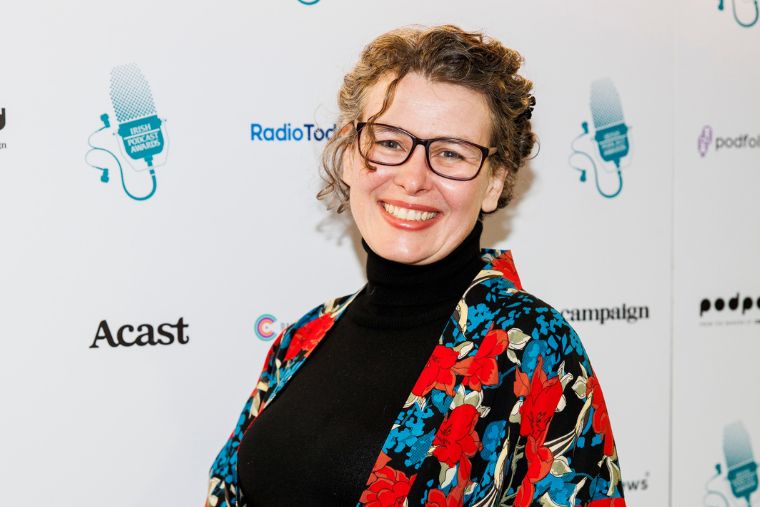
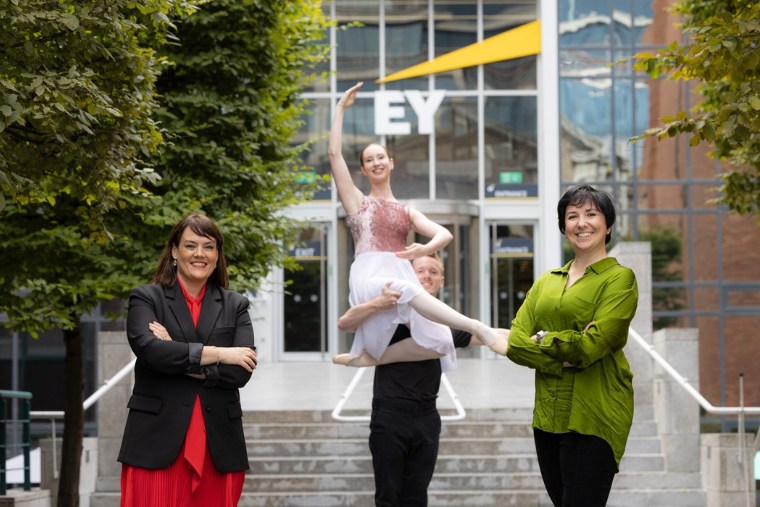





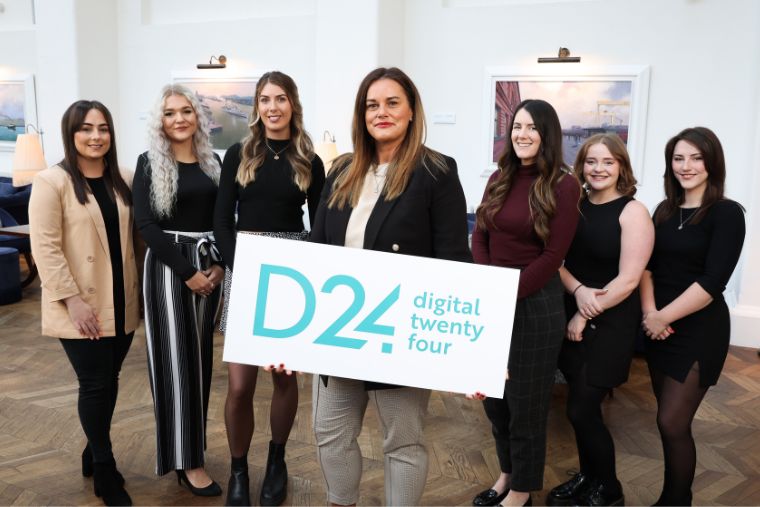


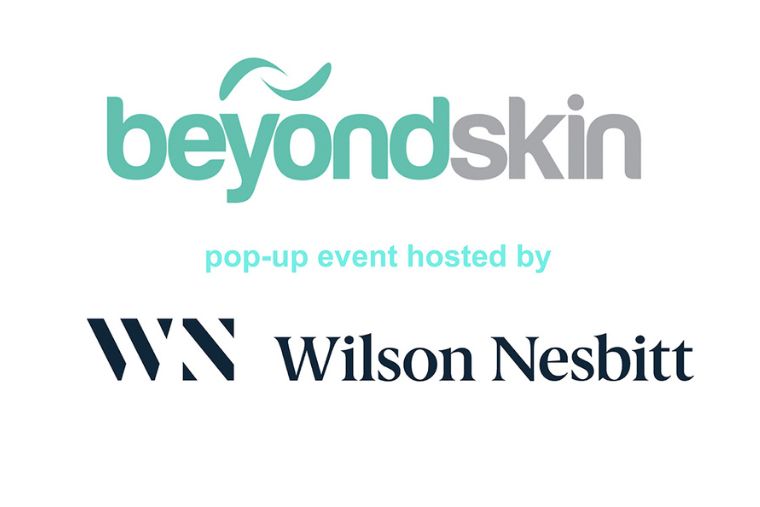
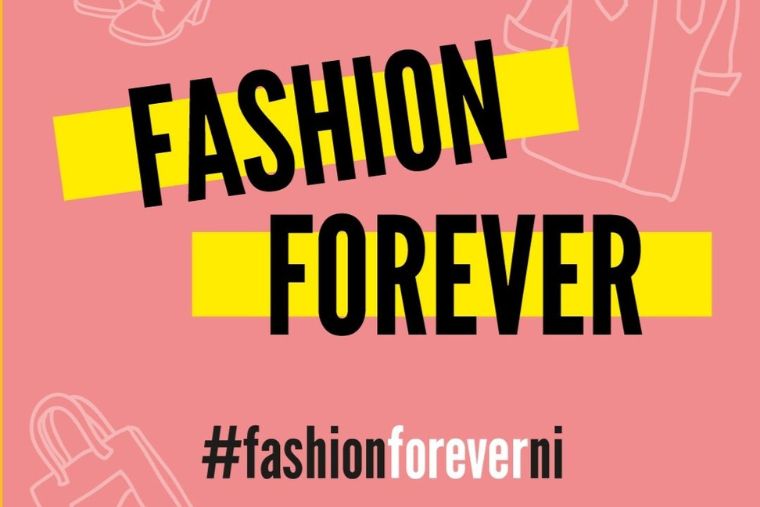



 Get in touch with us
Get in touch with us